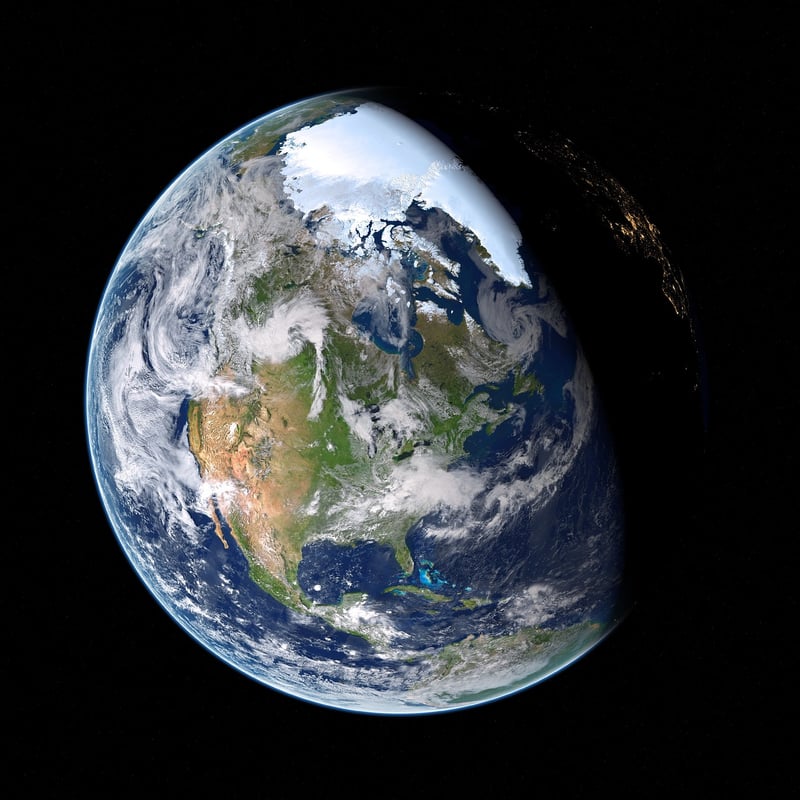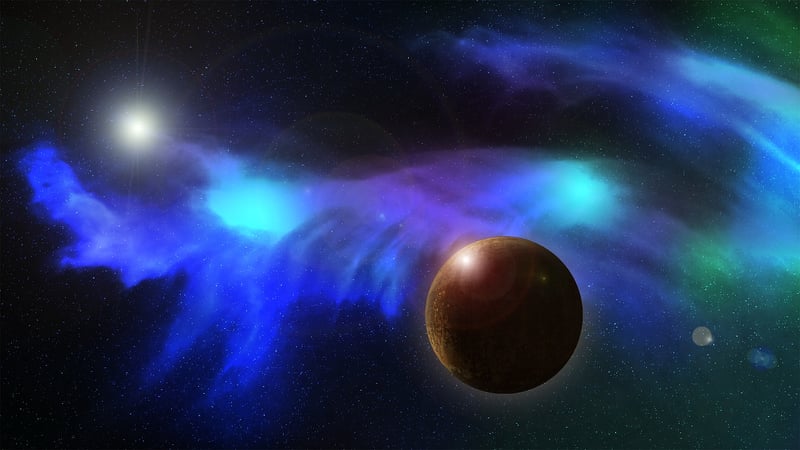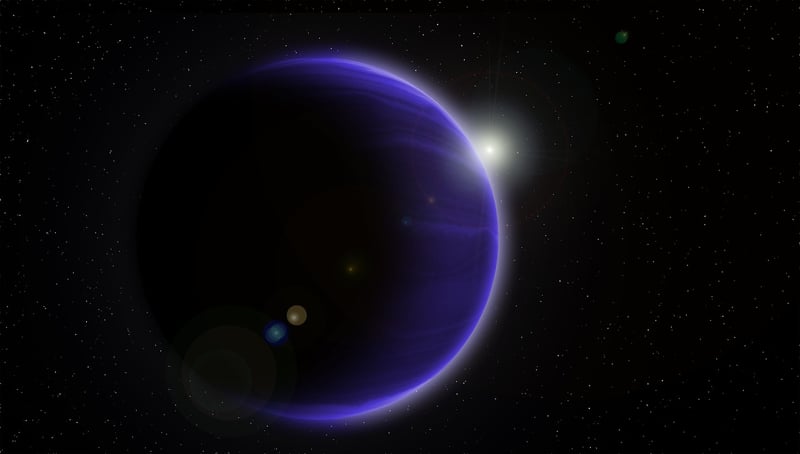Exoplanet Discoveries
Exploring the Universe: Fascinating Exoplanet Discoveries
Stargazing has always captured our imagination, but with technological advancements, we can now delve deeper into the vast universe. One of the most exciting areas of exploration is the discovery of exoplanets, planets outside our solar system that orbit stars other than the Sun. Let's take a journey into the mysteries of exoplanets and the remarkable findings that have expanded our understanding of the cosmos.
What are Exoplanets?
Exoplanets, also known as extrasolar planets, are celestial bodies that orbit stars beyond our solar system. These distant worlds come in various sizes and compositions, ranging from rocky terrestrial planets to gas giants similar to Jupiter. Scientists detect exoplanets through methods like transit photometry and radial velocity measurements, unveiling a diverse array of planetary systems across the Milky Way galaxy.
Notable Exoplanet Discoveries
1. Kepler-186f
Located approximately 500 light-years away in the constellation Cygnus, Kepler-186f is the first Earth-sized exoplanet found within the habitable zone of its star. This rocky world offers insights into the potential for life beyond our solar system.

2. TRAPPIST-1 System
The TRAPPIST-1 system, just 39 light-years from Earth, hosts seven Earth-sized planets, with three situated in the habitable zone. This remarkable discovery fuels speculation about the existence of liquid water and potentially habitable conditions on these exoplanets.

3. HD 189733b
HD 189733b is a turbulent exoplanet known for its deep blue color, caused by silicate particles in its atmosphere. This gas giant, located 63 light-years away, experiences extreme winds and high temperatures, offering valuable insights into atmospheric dynamics beyond our solar system.

Future Prospects
The study of exoplanets continues to evolve, with upcoming missions like the James Webb Space Telescope poised to revolutionize our understanding of these distant worlds. By analyzing exoplanet atmospheres, compositions, and potential habitability, scientists aim to unravel the mysteries of planetary formation and the prevalence of life in the universe.
Embark on a cosmic journey through the exploration of exoplanets, where each discovery unveils new wonders and challenges our perceptions of the cosmos.
Discover more about exoplanets and the wonders of the universe at NASA Exoplanet Exploration.
